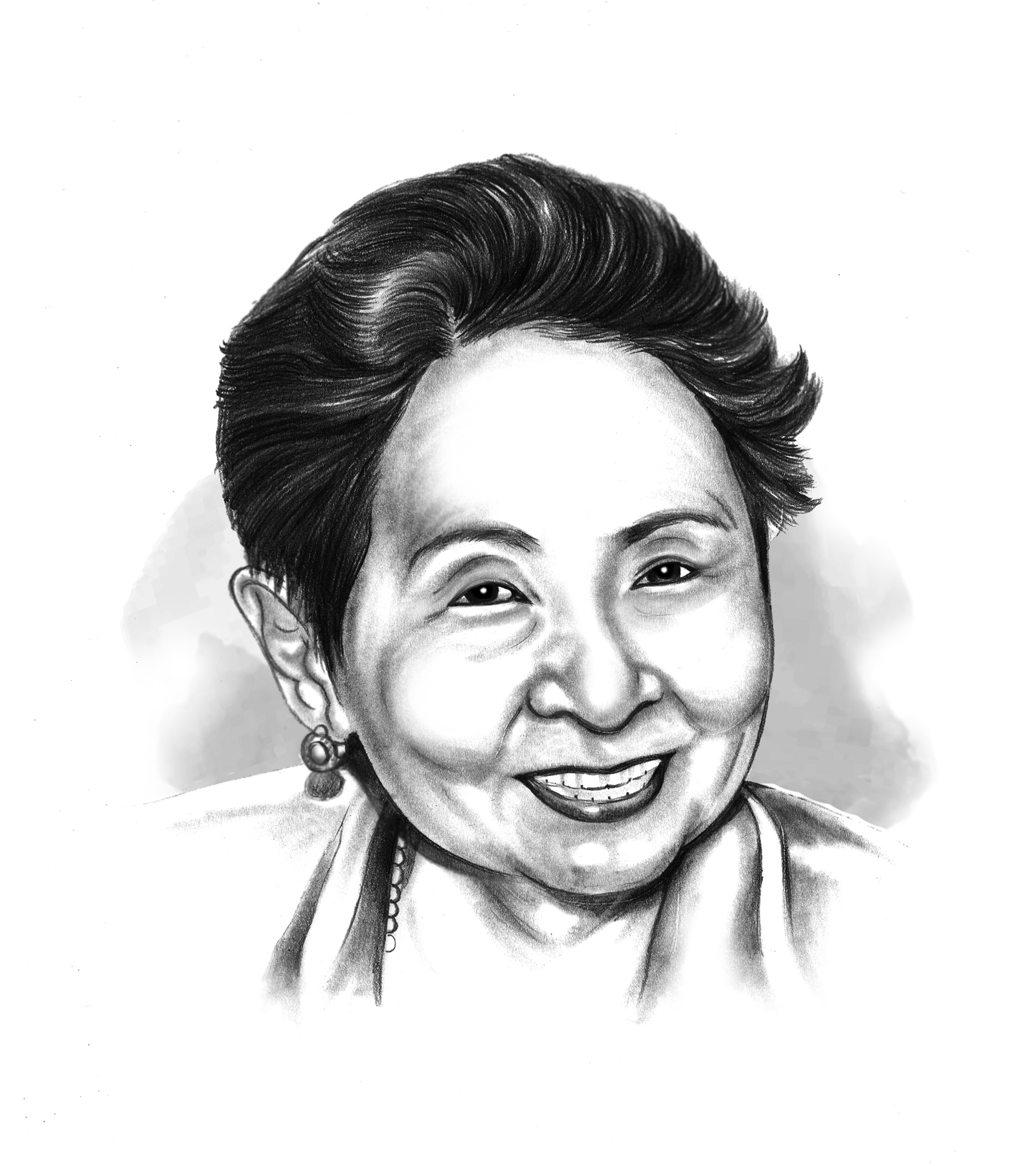PAGBABAGO

In “Reinventing Resistance,” launched last Monday, Ed Garcia noted that the book is a collection of his experiences in defying the odds in a world that had lost its moral compass and unable to stop violence inflicted on vulnerable sectors. It describes this journey of five decades as an example of how we can make a difference when we join the voices of others in “kapit bisig” (arm in arm), so that we can be sure no one is left behind.
He had taken the name “Edong Mapangarap” to remind himself that one’s reach must exceed his gains, but that we must be grounded in hope, and guided by what is possible, and humbled by defeats.
He describes himself as “an accidental activist.” He was a Jesuit seminarian when he dropped out of theology during the days of student unrest in the 70’s.
Even scholastics became involved in critical question of the day: poverty and inequality, police brutality and state violence. With other youth leaders, they explored the path of civil disobedience and the formation of a non-violent organization and a form of resistance similar to that of Mahatma Gandhi. That and another event, his having been invited a year ago to give a series of lectures about the country’s political history at Harvard University led to the writing of this memoir. He was encouraged to write about his story after going over the outlines of his lectures.
Later, he pursued studies in Latin America where he was exposed to a coup d’etat in Chile, human rights violations in Colombia, an insurrection against the Somosa dynasty in Nicaragua, martyrdom of Jesuits in El Salvador, guerilla warfare in Bolivia, Peronistas in Argentina, upheavals in Peru, and killings in Mexico.
It was working with Amnesty International during the 70’s, while documenting the plight of human rights victims in the Andean countries, Colombia, Peru, and Ecuador that had a deep and lasting influence in his life. As a commissioner of the 1986 Constitution he made substantive contributions in drafting the Bill of Rights, establishment of the Commission on Human Rights, putting social justice at the “heart of the Constitution,” and available to the marginalized sectors, who he noted must participate in the formulating and implementation of public policies.
It was Ed, chair of the Committee on Public Hearing who argued for public consultations for over a month to be able to incorporate the voices of people from all sectors of society.
Ed spent subsequent years (1994 to 2014) in the pursuit of various paths to peace. Upon his return to Philippines after further studies in peace research in Uppsala, Sweden and Norway, he continued to work as a peace envoy of International Alert to various regions of conflict in Asia, Africa, The Americas, and for brief periods in Europe and the Middle East. He also helped craft the Code of Conduct for Conflict Transformation Work, the first code of its kind and which emphasized the need to link human rights with peace efforts. He tackled questions of principled impartiality and asymmetry in peace negotiations, cited Adam Curle, pioneer of peace studies who noted that we must focus on restoring relationships among conflict parties to address the “violence of the heart” and the importance of shared humanity.
A lesson that the author learned after years of experience on the ground is that peacemaking requires a “marathon mentality.” It means a belief that people can bridge divides, no matter how long or whatever it takes. It is a conviction, deep-seated and unswerving that diverse communities can learn to live side by side, giving and earning respect, while celebrating the dignity of differences.” This learning is based on the fact that the armed struggle waged by the Communist Party of the Philippines has the dubious honor of being the world’s longest ongoing communist insurgency.
He cited the work of groups involved in moving the peace process forward such as the Coalition for Peace, the National Peace Conference, the Multi-Sectoral Peace Advocates, and the Gaston Ortigas Peace Institute, the annual “Waging Peace” gatherings at the Ateneo campus, the Philippine Peace Platform, and the Bishops-Ulama Forum.
I urge everyone who loves this country and engaged in finding solutions to human rights, peace, and justice to read the book which had taken the author 50 years to write. It is both riveting and inspiring. (To be continued). [email protected]